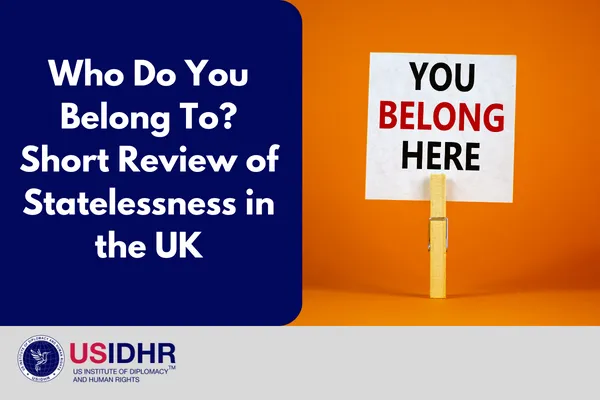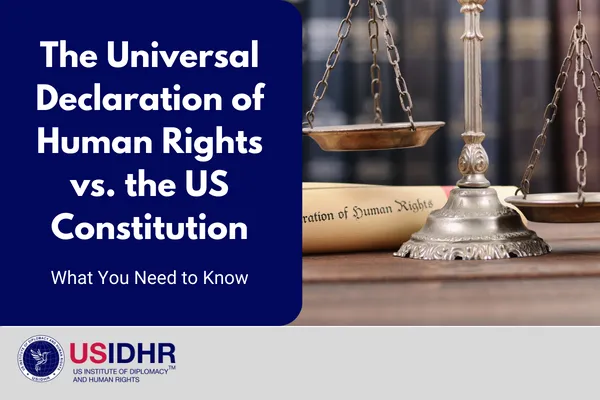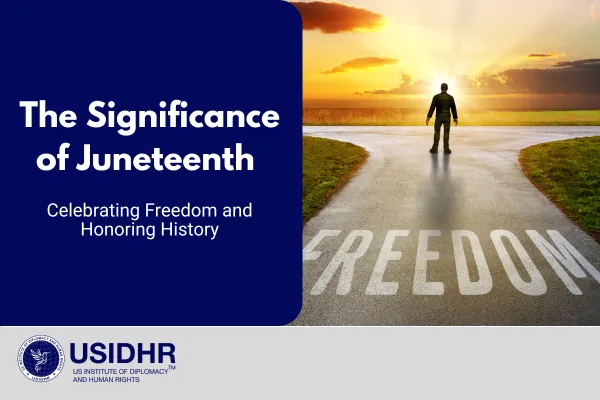
The Significance of Juneteenth: Celebrating Freedom and Honoring History
June 12, 2023
5 min read
Why is Juneteenth Important?
Juneteenth, also known as Emancipation Day, Freedom Day, Jubilee Day, and Black Independence Day, holds immense significance in American history. This annual observance commemorates a pivotal moment when freedom was finally guaranteed to all enslaved individuals in the United States. On June 19th, 1865, Union troops arrived in Galveston, Texas, delivering General Order No. 3, which promised the long-awaited emancipation of approximately 250,000 enslaved people in the state [9]. This watershed event marked the official end of slavery in the United States. Understanding the importance of Juneteenth requires recognizing its role in commemorating the struggles, achievements, and resilience of African Americans, while also signifying national progress towards equality and justice.
While African American communities have celebrated Juneteenth for decades, it wasn’t until 2021 that June 19th received official recognition as the 11th federal holiday in the United States. The impetus for this recognition stemmed from nationwide protests against police brutality, triggered by the murders of George Floyd and Breonna Taylor. In response to the outcry for racial justice and equality, Congress drafted legislation to establish Juneteenth as a federal holiday [3]. The bill passed unanimously in the Senate and received overwhelming support with a 415-14 vote in the House [3]. On June 17, 2021, President Biden signed the Juneteenth National Independence Day Act into law, solidifying the holiday’s significance on a national scale [1].
What is the History behind Juneteenth?
Although Juneteenth commemorates the day, nearly a century and a half ago, when slavery officially ended in the United States, its path to official recognition has been hard-fought and gradual. The Emancipation Proclamation, a harbinger for General Order No. 3, although it advocated for the ideal of freedom and equality, only applied to parts of the country [8]. The Proclamation only applied to states that had formally seceded from the United States but exempted all border states. Further, although the Proclamation argued for the freedom of all people, its enforcement ultimately hinged on a Union victory. As a result, although the institution of slavery was rendered illegal in Confederate, secessionist states, anti-slavery laws were not enforced or respected in states such as Texas [2].
Freedom for the enslaved people of Texas was not granted willingly by Texan slave owners, but was demanded forcibly following the war’s conclusion. A month after the Civil War officially ended, on June 19, 1865, roughly 2,000 Union troops arrived in Galveston, Texas [9]. Led by General Gordon Granger, the army proclaimed the freedom of all enslaved people in the state, officially ending the institution of slavery in the United States as a legal practice. From this moment on, the day was celebrated by formerly enslaved people across Texas, and soon became known as “Juneteenth” [7].
Contrary to some accounts, the struggle for freedom did not end here. Despite neat historical narratives, freedom was anything but immediate for the formerly enslaved people of Texas. Many plantation owners resisted announcing the news, and in the City of Galveston the mayor attempted to force all freed people back to work [5]. Despite the Emancipation Proclamation and General Order No. 3, the freedom of formerly enslaved people was contested, but in the end, the illegality of slavery was upheld.
How Is Juneteenth Celebrated?
Historically, Juneteenth, known by many as “Jubilee Day,” was celebrated in Texas with music, barbecues, and importantly, prayer [6]. To commemorate the day, in 1872, a group of African Americans in Houston purchased a plot of land dedicated to the celebration of Juneteenth, creating “Emancipation Park” [6]. Today, Emancipation Park hosts a variety of Juneteenth celebratory events and activities, such as a “Family Fun Day,” and a Freedom Run/Walk. For those living in Texas, Opal’s Walk for Freedom is another great way to commemorate Juneteenth [4]. The walk celebrates Ms. Opal Lee, who in 2016, as a way to advocate for the recognition of Juneteenth as an official national holiday, walked 1400 miles from Fort Worth Texas to Washington DC [4]. Those who want to honor her efforts can register for Opal’s Walk for Freedom.
Juneteenth: Continuing to Work Towards Equality
Juneteenth is a day to celebrate, but it is also a day to take stock of the ongoing work for racial justice that is needed in the United States. The general orders on June 19, 1865, alluded to the promise of “absolute equality of personal rights” [5]. At USIDHR, we acknowledge that the struggle for the realization of the equality of personal rights is ongoing, and that is why the organization is dedicated to training the next generation of human rights advocates. By starting at the individual level, and teaching people about their fundamental human rights, USIDHR believes that we can work towards the realization of the promise of freedom, equality, and respect of everyone’s human rights. If you align with this mission and are interested in becoming a human rights consultant to protect human rights, click here [10] to explore the courses offered by USIDHR.
Reference list:
[1] Biden, Joe. (2022). “Remarks by President Biden at Signing of the Juneteenth National Independence Day Act”. The White House. Retrieved from https://www.whitehouse.gov/briefing-room/speeches-remarks/2021/06/17/remarks-by-president-biden-at-signing-of-the-juneteenth-national-independence-day-act/
[2] Blakemore, Erin. (2015). “Juneteenth Didn’t Stop the Enslavement of Black People in Houston.” Smithsonian Magazine. https://www.smithsonianmag.com/smart-news/juneteenth-didnt-stop-enslavement-blacks-houston-180955646/
[3] Broadwater, Luke. (2021). “House Passes Bill to Make Juneteenth a Federal Holiday, Sending It to Biden.” The New York Times. https://www.nytimes.com/2021/06/16/us/politics/juneteenth-federal-holiday.html
[4] Fabello, Jade. (2022). “The Ultimate Guide to Juneteenth in Texas”. Thrillist. https://www.thrillist.com/lifestyle/austin/celebrate-juneteenth-texas-guide
[5] Gates, Henry. (2013). “What is Juneteenth?”. PBS. Retrieved from https://www.pbs.org/wnet/african-americans-many-rivers-to-cross/history/what-is-juneteenth/
[6] “History of Juneteenth.” (2022). Juneteenth.com. Retrieved from https://www.juneteenth.com/history/
[7] Taylor, Derrick. (2023). “Juneteenth: The History of a Holiday.” The New York Times. https://www.nytimes.com/article/juneteenth-day-celebration.html
[8] “The Emancipation Proclamation”. (2022). National Archives. Retrieved from https://www.archives.gov/exhibits/featured-documents/emancipation-proclamation
[9] “The Historical Legacy of Juneteenth.” (2023). National Museum of African American History and Culture. Retrieved from https://nmaahc.si.edu/explore/stories/historical-legacy-juneteenth
[10] "Human Rights Education Training." US Institute of Diplomacy and Human Rights. Retrieved from https://usa.usidhr.org/humanrights
Join One of Our Certificate Trainings:
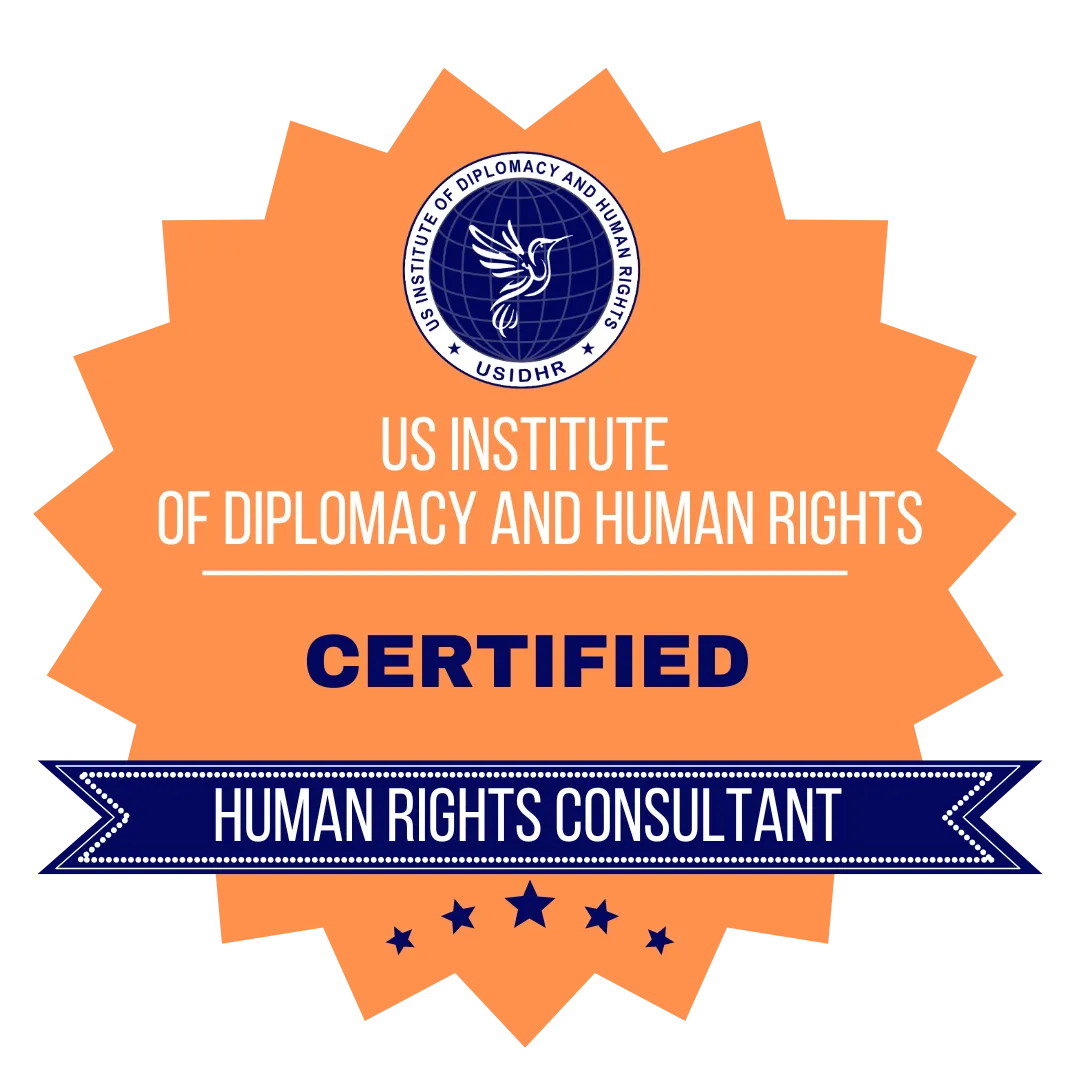
Human Rights Education Certification Training
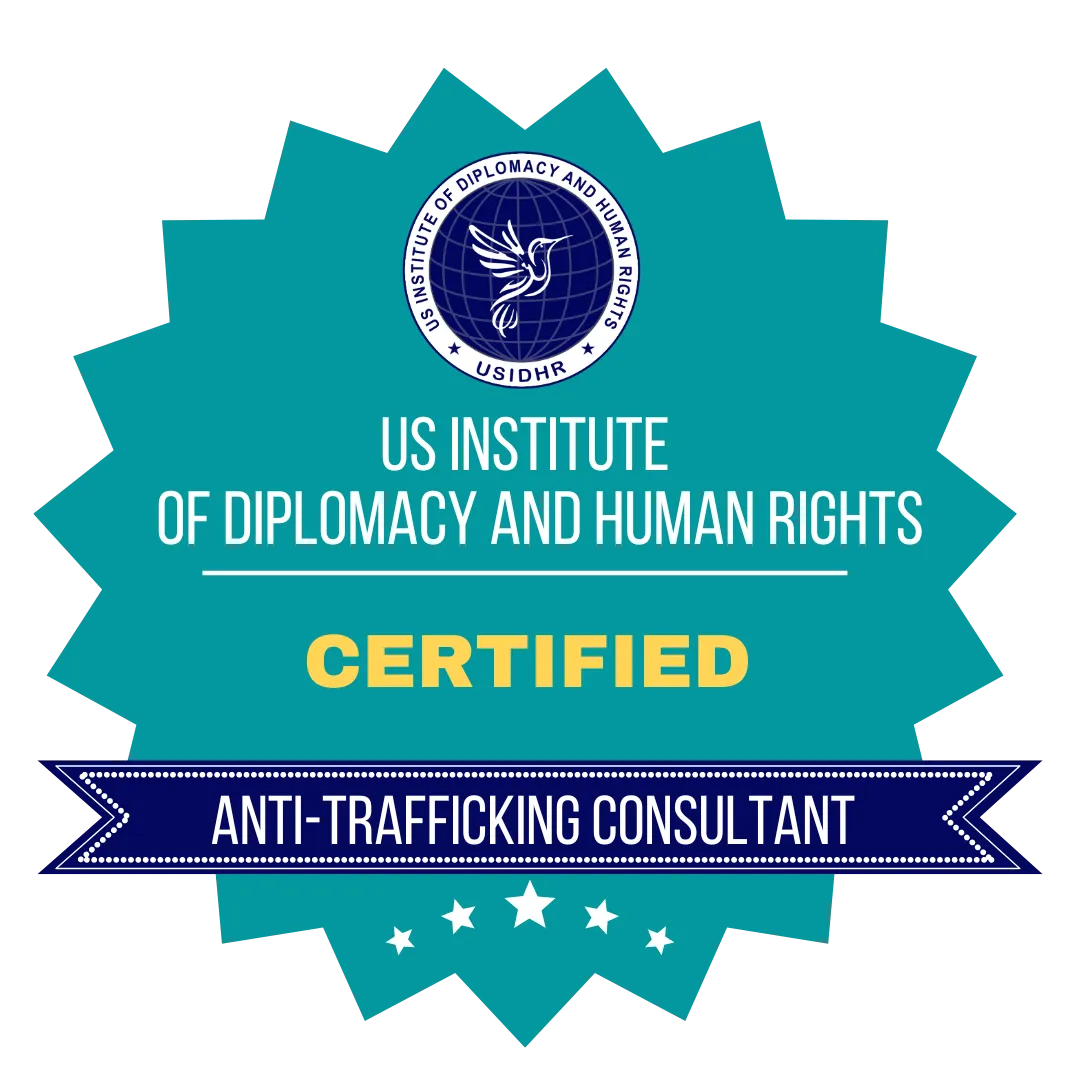
Human Trafficking Certification
Training
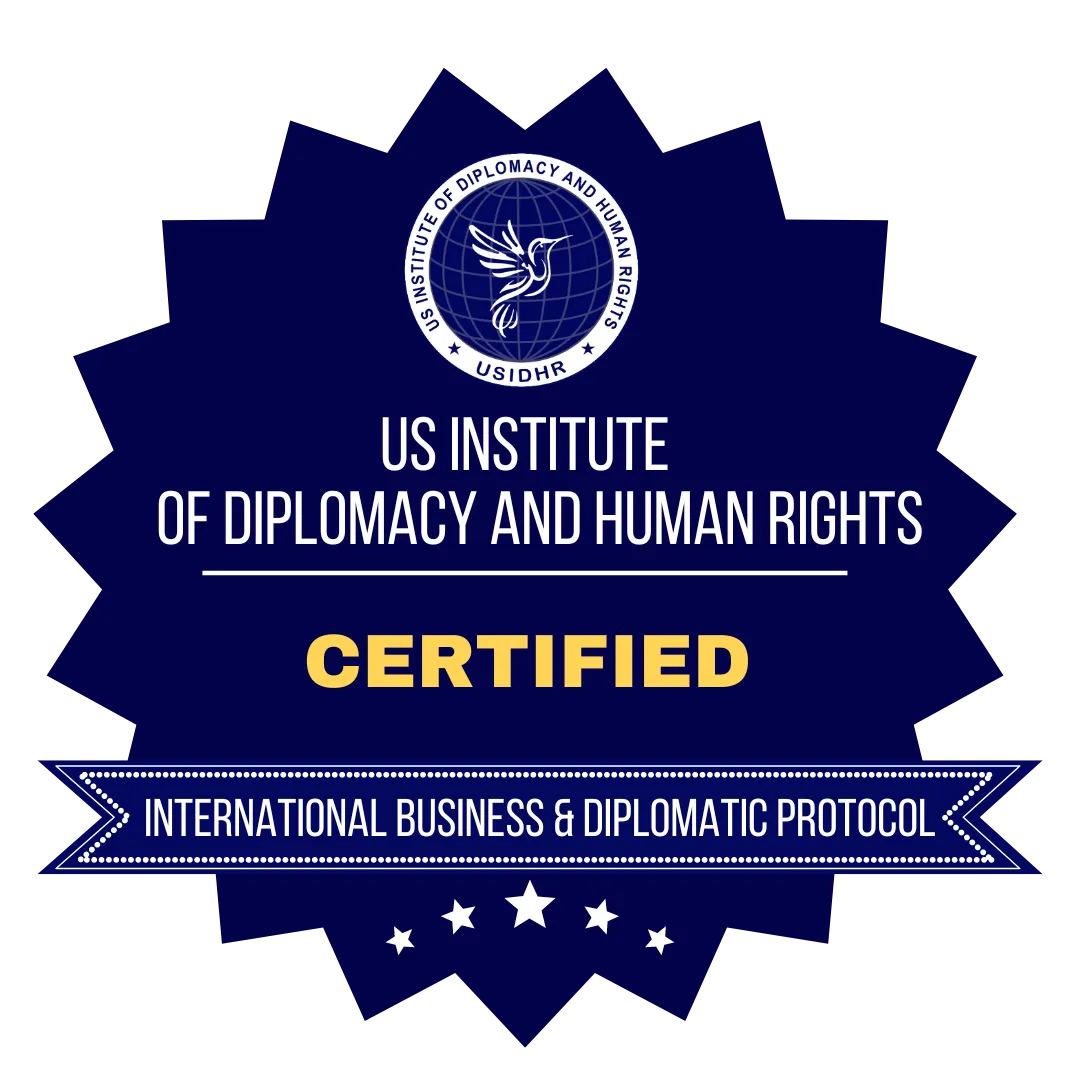
International Business and Diplomatic Protocol Certification
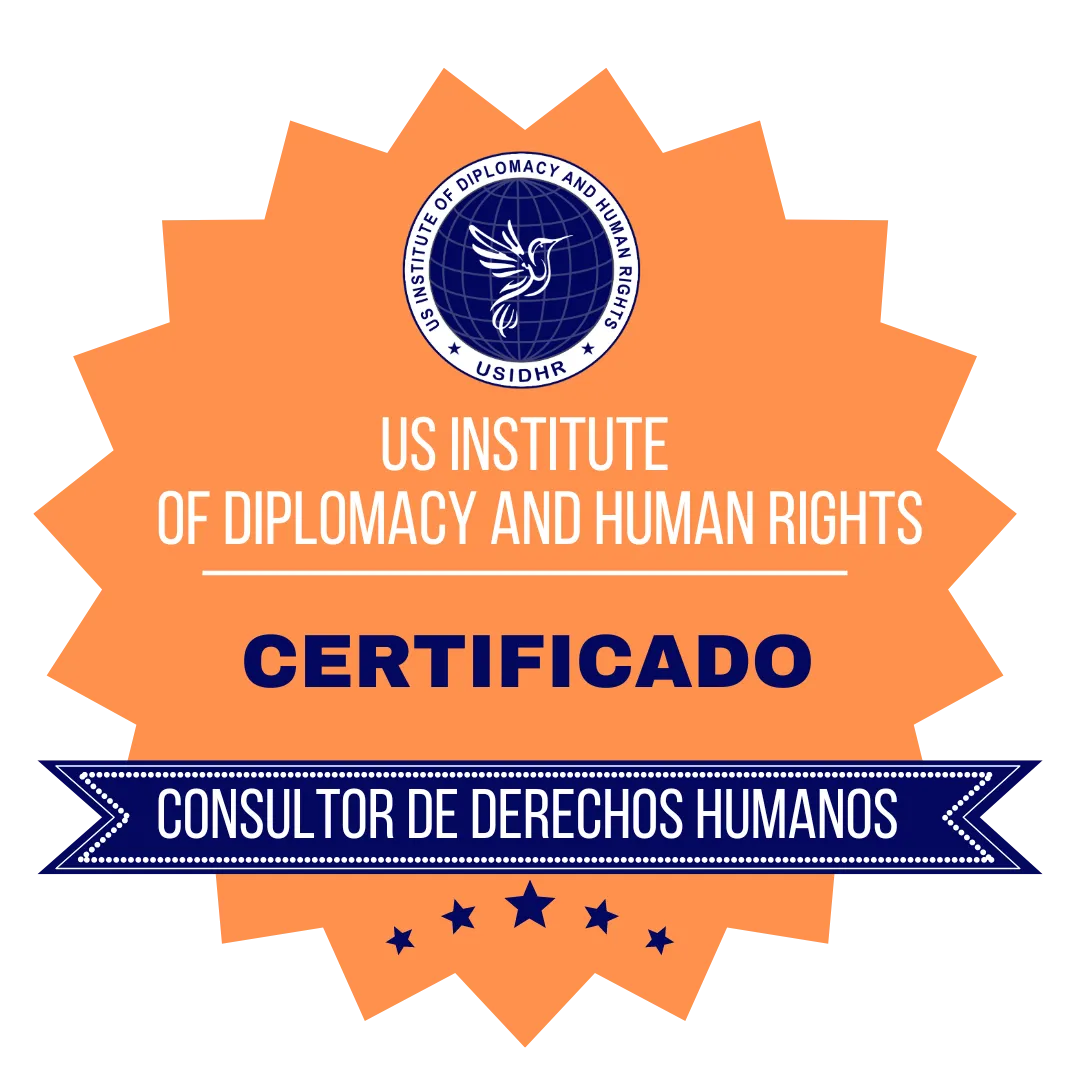
Capacitación En Derechos Humanos
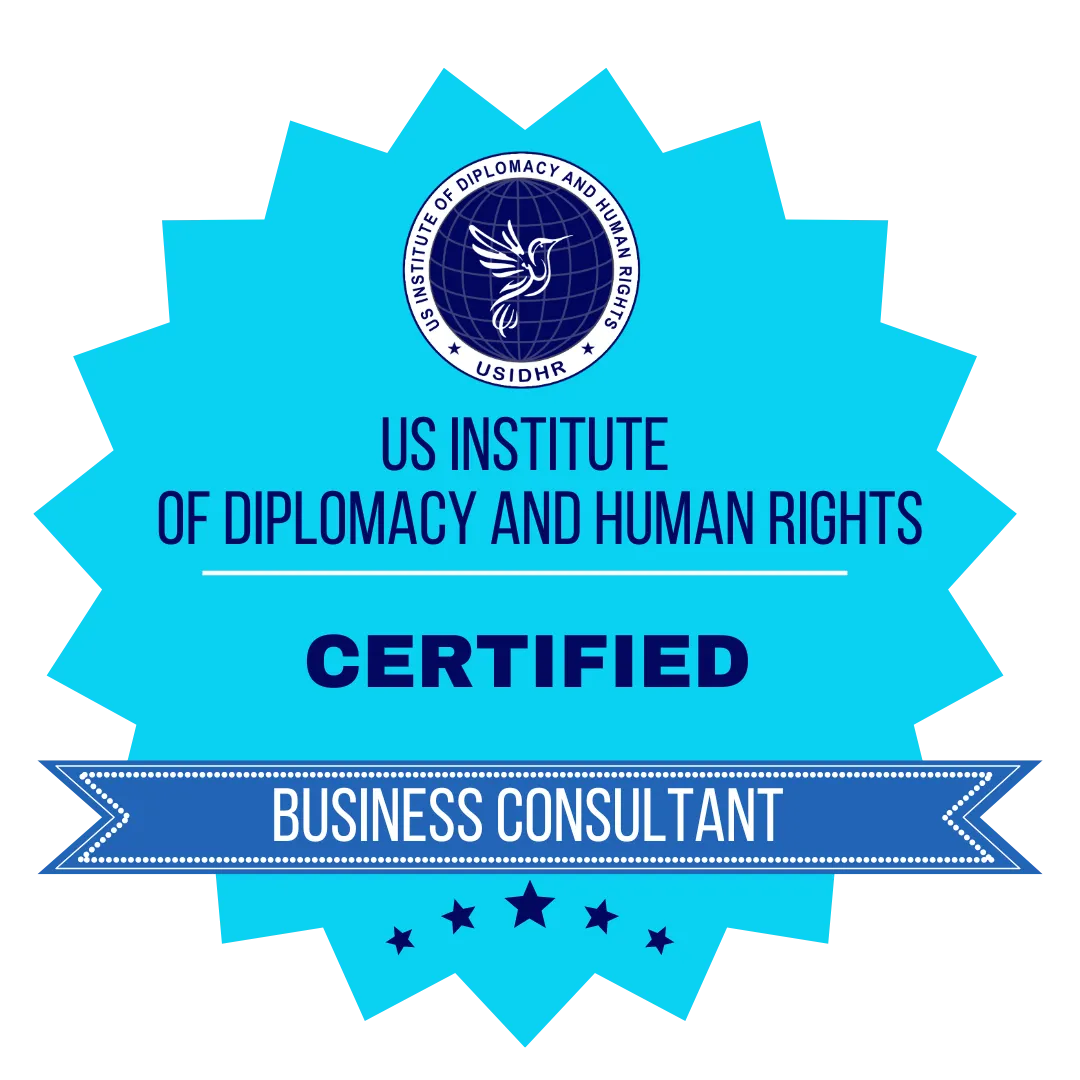
Business Consulting Certification Training
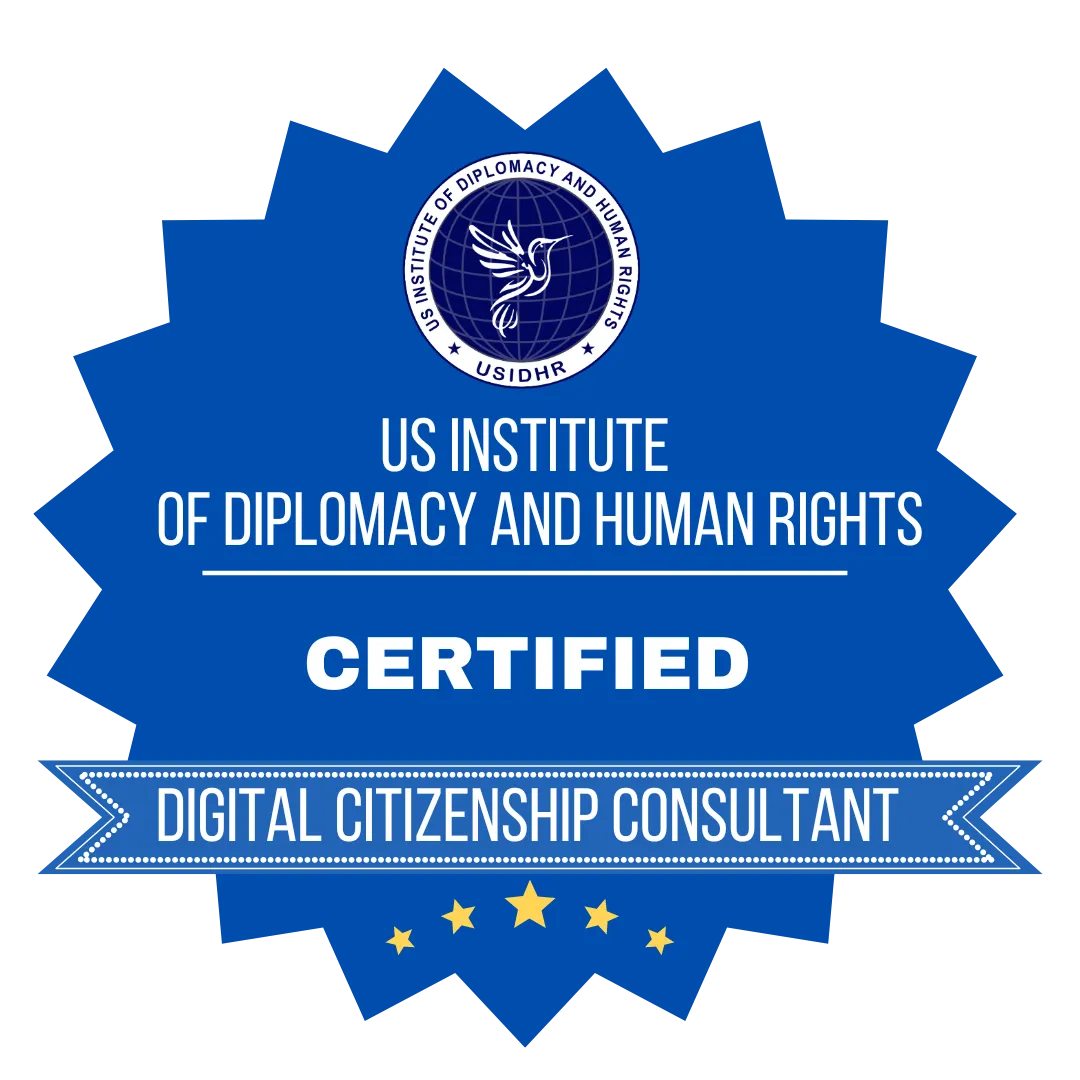
Digital Citizenship Certification
Training

The US Institute of Diplomacy and Human Rights (USIDHR) is an International Continuing Professional Development (CPD) Accredited Organization. Accredited CPD training means the learning activity has reached the required Continuing Professional Development standards and benchmarks. The learning value has been scrutinized to ensure integrity and quality. The CPD Certification Service provides recognized independent CPD accreditation compatible with global CPD requirements

US Institute Of Diplomacy And Human Rights
1250 Connecticut Ave NW Ste 700, Washington, DC 20036



